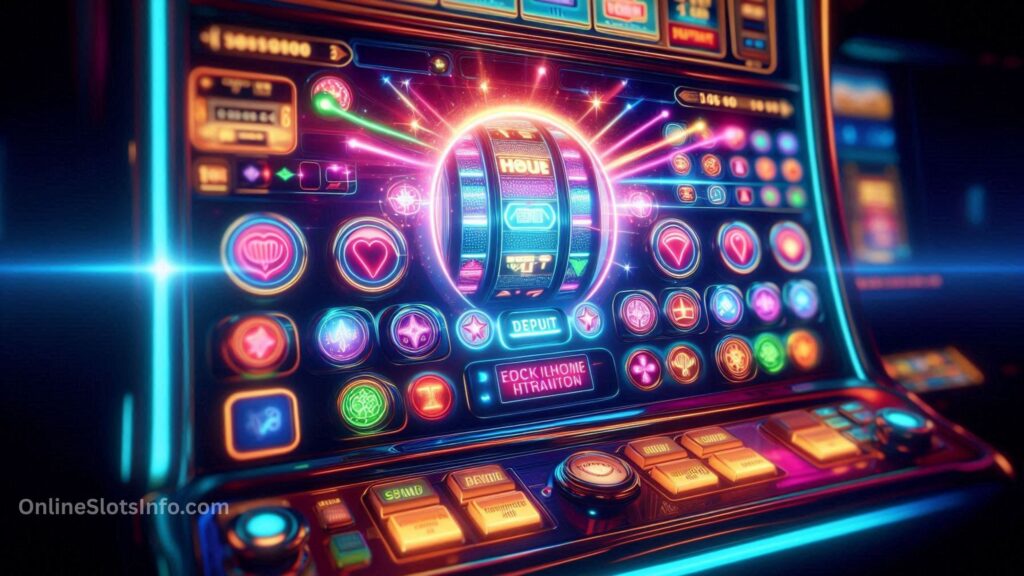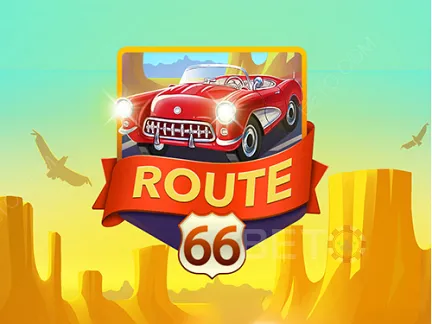
Should You Chase Losses When Playing Slots?
Imagine this: you’re sitting at a slot machine or betting online, and you’re on a losing streak. There’s that little voice in your head whispering, “Time to stop.” But then, a louder voice jumps in, saying, “Just one more spin—what if this is the one?”
Sound familiar? That inner tug-of-war is something almost every gambler experiences. It’s like having an angel on one shoulder and a devil on the other. The devil says, “Keep going. Just a few more bets and you’ll win it all back.” And slowly, the sensible voice gets drowned out.
This behavior is called chasing losses—and it’s one of the most common (and dangerous) habits in gambling. Casinos don’t just know this happens—they count on it.
In fact, the games are built to make you think that way.
The flashing lights, the “so close!” messages, bonus offers right after you lose—it’s all part of the plan. These features are carefully designed to hook your brain and keep you playing longer. Why? Because chasing losses makes you think you’re just one step away from making everything right again.
Let’s dive into how chasing losses works, why it feels so convincing, the tricks casinos use, and how you can protect yourself before things get out of control.
What Is “Chasing Losses,” Anyway?
Chasing losses means continuing to gamble—not because you’re having fun—but because you want to win back the money you’ve already lost. It might start with a few unlucky bets, and before you know it, you’re on a mission to break even.

You might notice things like:
- Increasing your bet amount to recover faster
- Ignoring the limits you set at the beginning
- Feeling anxious, angry, or frustrated—but still betting
- Obsessing over getting your balance back to normal
Birches Health, a group focused on treating gambling addiction, says chasing losses is one of the biggest red flags. It doesn’t always look dramatic. Maybe you just double your bet. Maybe you stay online longer than you planned. But the truth is—you’re not playing for fun anymore. You’re trying to undo a mistake.
One former gambler put it perfectly:
“At first, gambling was fun. But once I started losing, it wasn’t about fun anymore. I needed to fix it. And the more I lost, the more desperate I felt.”
And that mindset? That’s exactly what game designers are counting on.
The Psychology Behind It: Why It’s So Hard to Walk Away
Casino games are made to feel exciting, but they’re also designed to trick your brain.
Here are a few powerful psychological tricks they use:
| Concept | How It Hooks You |
|---|---|
| Intermittent rewards | Random wins keep you hoping you’re “due” for a big one |
| Near-miss effect | “Almost wins” make your brain think you’re closer to a jackpot than you are |
| Sunk cost fallacy | You feel like quitting would waste all the money you’ve already lost |
| Illusion of control | The game gives you fake choices, so you feel in control (when you’re really not) |

Also Read: What Are the Signs of a Good Casino Loyalty Program?
How Casino Games Are Built to Feed the Chase
These tricks aren’t just theories—they’re coded into the games. Let’s break it down.

🎰 Slot Machines
- Near Wins: You see the jackpot symbol almost line up. So close!
- Mini Wins with Loud Sounds: Even when you lose money, the machine celebrates like you won.
- Fast Play: You can spin hundreds of times an hour—barely time to think.
- Bonus Teasers: Bonus games show up often enough to stay tempting, but not enough to actually hit often.
🃏 Table Games
- Quick Rounds: Blackjack or roulette moves fast. One bad hand rolls into the next in seconds.
- “Same Bet?” Prompts: You’re nudged to keep betting the same amount without thinking.
- Dealer Chatter: “You’re due for a win!” sounds friendly, but it keeps you hopeful—and playing.
📱 Online Betting & Casino Apps
- Push Notifications: Just lost? Here’s a bonus in your inbox encouraging you to bet again.
- Loss-Back Promos: Get 20% back—but only if you keep betting.
- Progress Bars & VIP Levels: You’re “almost there” to unlock a reward. So you keep going.
- Mini Challenges: “Place 3 bets this weekend to get a free spin.” If you’ve already placed 2, it feels wrong to stop.
All of this makes you feel like quitting now means wasting the effort you’ve already put in. But that “momentum”? It’s an illusion.
What the Science Says
Our brains run on dopamine, the chemical that makes us feel good. Gambling activates it—not just when we win, but when we think we might win. That “almost!” feeling? It hits your brain like a win.

A study in Neuropsychopharmacology found that near-miss outcomes trigger the brain’s reward system almost like an actual win. And for people with gambling problems, the effect is even stronger.
Another study from the University of British Columbia showed flashing lights and sounds made people take riskier bets. The excitement overwhelms logic. You stop thinking clearly and start hoping instead.
Casinos also remove time cues—no clocks, no windows, just endless bets. Online apps do the same with autoplay and 24/7 access.
Before you know it, you’ve lost track of time—and money.

Also Read: Which Developers Are Launching Hot New Games in 2025?
Real-Life Consequences of Chasing Losses
💸 Financial Trouble
Chasing losses is one of the fastest ways to go broke. You start with ₹1,000… then it’s ₹10,000… then you’re using credit cards. A man once admitted he lost ₹60 lakh in six months just chasing losses.
“The worst part? I won sometimes. But I always gave it back trying to fix everything,” he said.
😔 Emotional Stress
Chasing isn’t just costly—it’s exhausting. It leads to guilt, shame, and anxiety. You hide your behavior, lie to loved ones, and isolate yourself. It’s not just one bad night. It becomes a pattern.
🔥 Escalating Bets
The deeper the hole, the riskier the bets. A ₹500 loss turns into a ₹5,000 bet to win it back. And that only digs the hole deeper.
“I didn’t enjoy it anymore,” one recovering gambler said. “I just wanted to undo the damage. But every bet made it worse.”
How to Protect Yourself
Here’s how to stop the chasing before it starts:

✅ Set Hard Limits (And Stick to Them!)
Before you start, decide how much money and time you’ll spend—and don’t go over. Once that budget is gone, walk away.
🛡️ Use Safety Tools
Online gambling sites have tools that let you set deposit limits, time reminders, and play caps. Use them—even if you think you don’t need to.
Apps like Gamban or BetBlocker can block gambling sites entirely.
🧠 Watch Your Thoughts
If you hear yourself thinking, “I just need to win one more,” that’s a red flag. Remind yourself: You’re not chasing a win—you’re chasing a loss.
Success isn’t winning money. It’s sticking to your plan.
🤝 Ask for Help
If you feel stuck in a cycle, talk to someone. Support groups and helplines can make a big difference—and you don’t have to wait until things get out of hand.

Also Read: Are New Slots More Generous with Bonuses?
Final Thoughts: Understanding the Game Is the First Step to Beating It
Chasing losses isn’t about weakness. It’s about design—games built to keep you playing when your gut says to walk away.
You can gamble for fun, but do it on your own terms, not because some flashy screen or progress bar is pulling your strings.
Next time you feel that urge to keep going “just a bit longer,” take a pause. The game is doing its job. Now it’s your turn to do yours.
Walk away with your power—not with regret.







